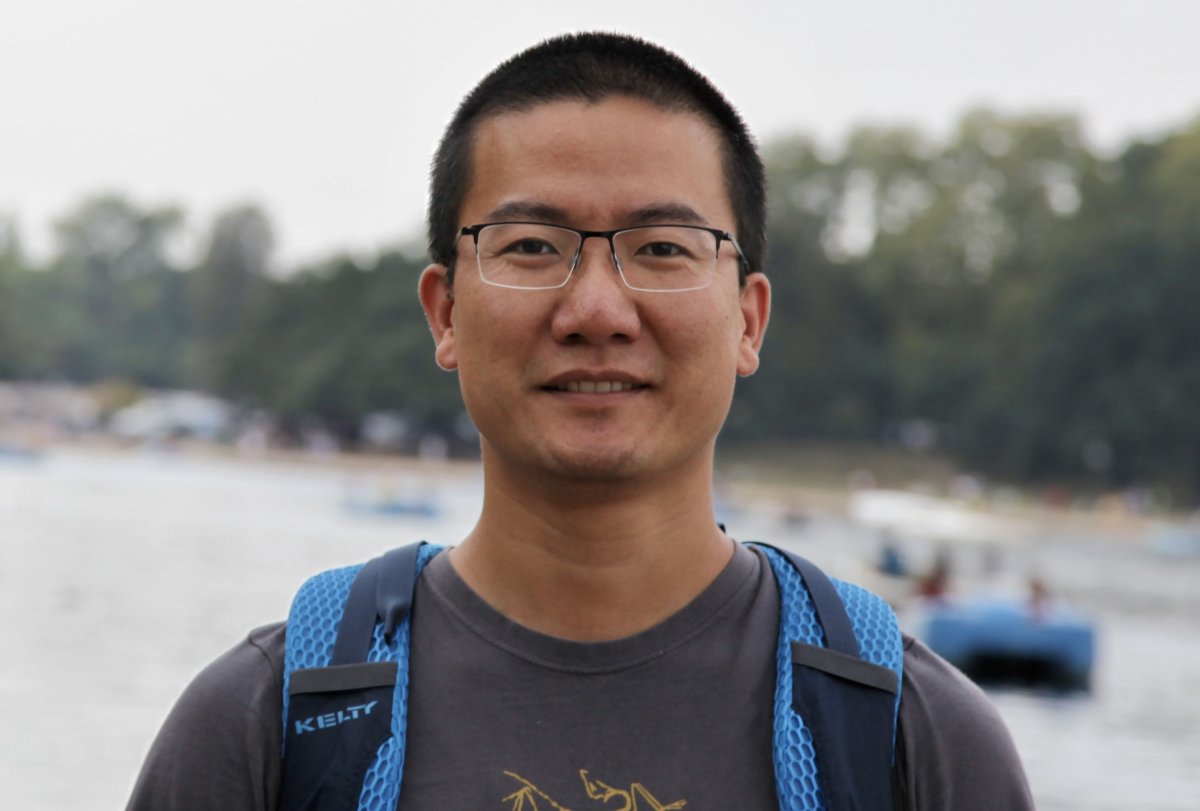Gang Fang Promoted to Professor at Icahn School of Medicine at Mount Sinai

Fang’s Ph.D. research at the University focused on the discovery of genetic variations that are associated with a disease as a combination, but not as individual factors. Prior to his analysis, genetic interactions reflected by these combinations were extensively observed in model organisms but had not been well explored in human disease. Supervised by Regents Professor Vipin Kumar, he developed data mining and statistical methods for integrating different types of genomic data. Ultimately, Fang discovered high-order combinatorial genetic variations that are significantly associated with lung cancer and Parkinson’s disease.
Fang credits his solid foundations in data mining and computational biology to his time in the Department of Computer Science & Engineering, and specifically working with his advisor. Professor Kumar taught him generally applicable research methodologies, which Fang believes have had a long-lasting impact on his current and future research in broader biomedical science.
“Over the years, my research program has been constantly evolving, from data mining to computational biology, systems biology, biotechnology, and precision medicine,” Fang said. “However, the foundation, vision, and integrity are essentially the same. I feel really proud of my Ph.D. training at the University of Minnesota. I am so grateful for the supervision, mentorship and support of Professor Kumar”.
At his lab at the Icahn School, Fang continues this work, using long read sequencing and systems biology to study human diseases and develop precision diagnosis and therapeutics. Over the last 10 years, his lab pioneered the use of long read sequencing for the study of the epigenomes of bacteria (Nature Biotechnology, 2012; Nature Communications, 2015; Nature Reviews Genetics, 2018; Nature Microbiology, 2019), gut microbiome (Nature Biotechnology, 2018; Nature Methods, 2021), and the human genome (Nature Genetics, 2019; Science, 2022). His goal for the next phase of his research program is to further translate novel technologies into medical and clinical practice.
Learn more about the research at the Fang Lab @ Mount Sinai.